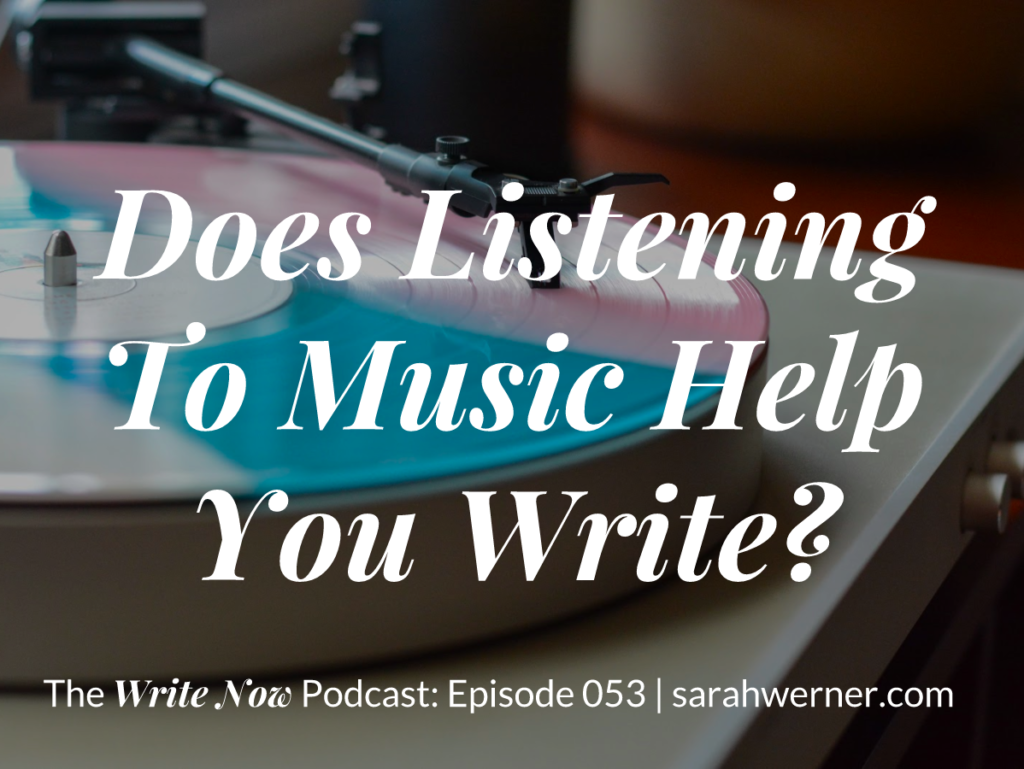


You may find your mind wanders easily when carrying out these activities. Music is an ideal remedy when reading dry, factual textbooks, learning facts or solving problems. But do you have a wandering mind? If you find yourself thinking about everything except work, as soon as you open your books, your problem may be in focus.

#2 Music helps you focusĮndurance + focus is a great combination. Many people say they find the music less useful for language study and reading fiction – the latter is likely because it requires your brain to imagine and visualise the world of the book. Don’t change songs frequently or use medleys. Seek out more sustained sounds with longer repetitive tracks. Music can be bad for studying if it changes too rapidly. Playing music, especially for subjects you find dull and less inspiring can make it more interesting, meaning you won’t throw in the towel and stop as quickly as you might, without some accompaniment. But let’s face it, studying can be tedious and boring. Less isn’t more when it comes to learning and by increasing your time spent revising, you’ll take in a great deal. One of the ways in which it improves your performance specifically in this area is keeping you going longer. There are many ways music helps you study. But one thing’s for sure, listening to Mozart – or similar sounds won’t make you less intelligent and it’s likely to do the opposite. So it seems it does vary from person to person. Scientists carrying out further studies didn’t always find the same results. Following a period of research with a group of students, he deduced that their IQ had improved nine points, by frequently listening to Mozart’s “Sonata for Two Pianos in D Major.” He had studied brain theory and spatial reasoning in problem-solving for decades. In the 1990s Dr Gordon Shaw developed a theory called The Mozart Effect. Advantages of listening to music while studying We’ll be looking at the science behind the theories and experiences of many people. If you enjoy listening to music (and perhaps even if you don’t) music can motivate you, keep you studying for longer, make it more enjoyable and increase your cognitive function. There are few things music doesn’t improve – be it a night out, meal, car journey, long flight, gym session or brisk walk. But for the majority of students, there are a host of benefits. Certain types of music work better than others and some subjects and learning approaches aren’t as conducive to using background sounds. You may be aware of the benefits of studying music, but did you know that there are many benefits to listening to music while studying all sorts of topics. Have your parents, teachers or lecturers been encouraging you to plug into Spotify or iTunes while studying? If so, there’s a good reason behind it. Benefits of listening to music while studying Read on to find out how it can help with your academic performance, and what you should be adding to your playlist, for the most successful study periods. Research has shown that music can help you focus, concentrate, relax, feel motivated, improve memory and make the process much more enjoyable. There are proven benefits of listening to music while studying, but it has to be the right kind of music. So what can you do to make your study time more effective and productive? And what exactly are the benefits of listening to music while studying? Knuckling down to some revision can be hard.


 0 kommentar(er)
0 kommentar(er)
